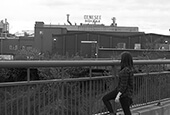Ward Stare
Interview No. 230


Interview by Emily Hessney Lynch.
Published May 15, 2020.
Where are you from? How did you end up in Rochester?
I’m from Rochester originally. I did a big loop around the country, attending school in Manhattan, living in Chicago for several years, LA for a bit, St. Louis for five years, Chicago again, and back to Rochester. It was the RPO that brought me back here. I left Rochester in 1999 for school, and would go back and visit a few times a year. It was a totally different landscape when I moved back, in terms of business and culture. I think it was tough for the city to make the transition from the Kodak and Xerox era to present, but now we’re more diverse, inspired, and the arts and culture are thriving. It’s very different but better in many respects.
What are some hidden gems you've discovered around Rochester?
In Pittsford, if you drive out into the farmland, there are some beautiful spots, like Hopkins Farm on Clover, which is full of sunflowers. There are so many cool, beautiful barns out that way too. I also love Hurd Orchards- it’s a ways out there, but we always have a good time there.
If you had $100 and 2 hours to kill in Rochester, how would you spend the money/time?
It depends on the time of year. Fall is my favorite season, so if it’s fall, I’d go apple picking or hunting pumpkins. There are so many places that really do it up for Halloween, like the one in Henrietta where you can shoot zombies with paintball guns.
What's one memory you have that captures what Rochester means to you?
I can’t think of one specific memory, but everything is tied to family. I was very close to my grandfather growing up; he lived in Rochester his entire life. We’d play golf and go to music lessons down at Eastman. Spending time with family is just one giant Rochester memory for me.
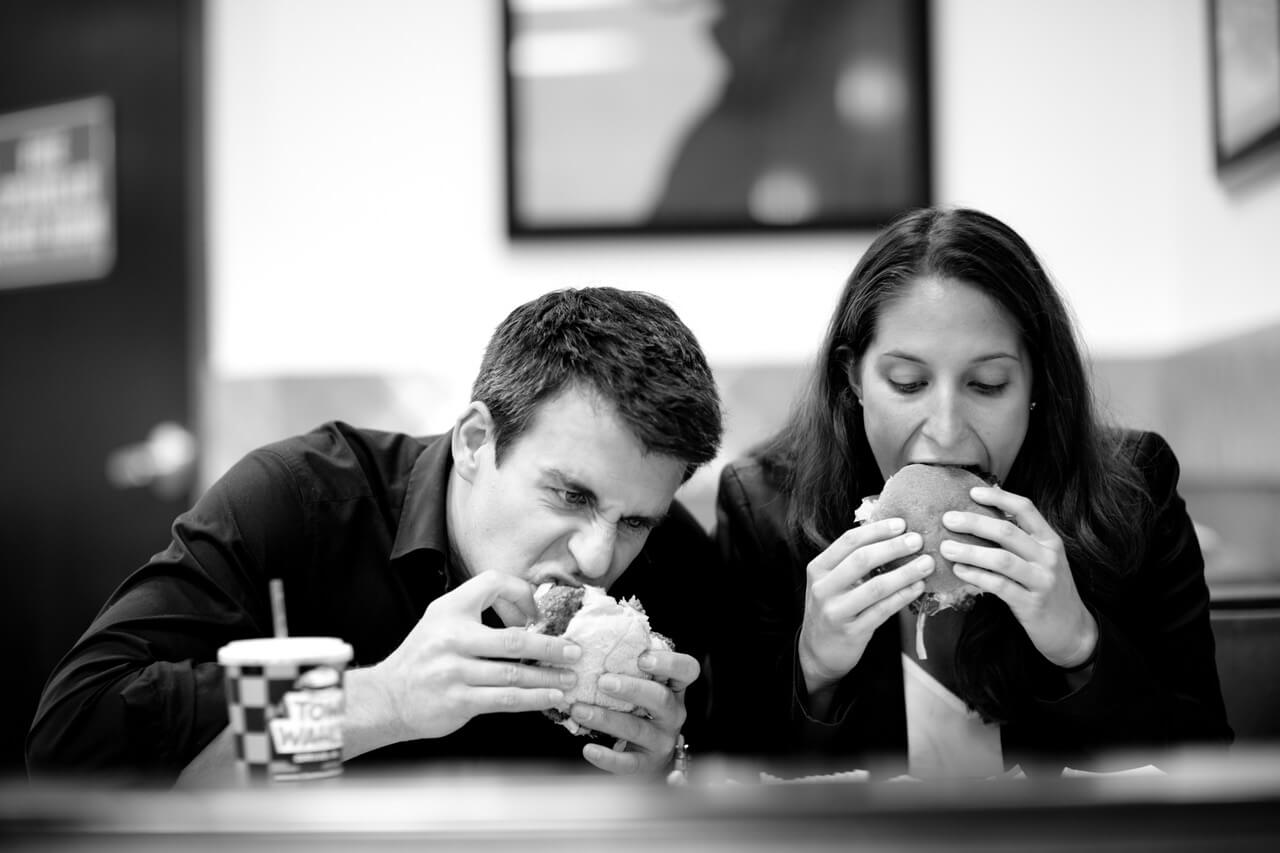

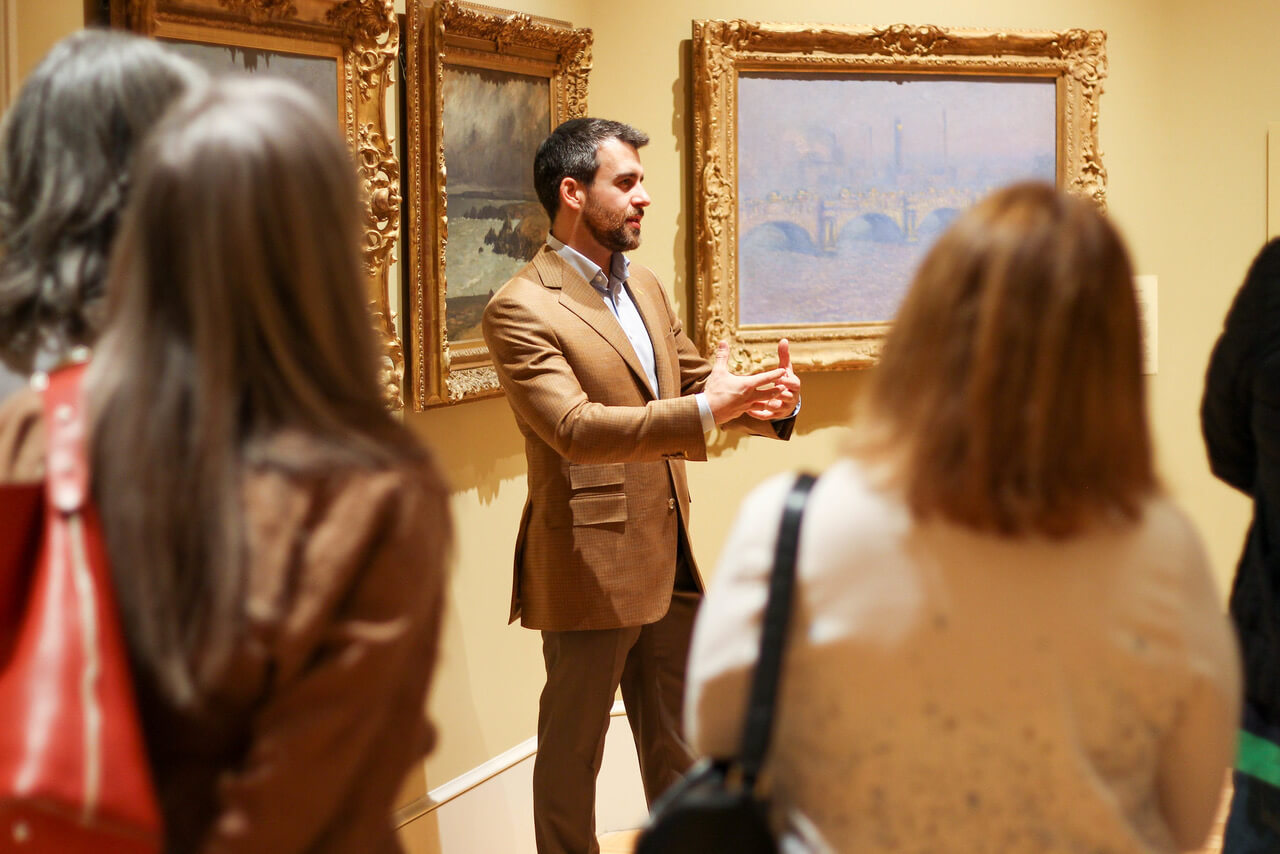

What makes Rochester unique?
I didn’t appreciate this until I left, but we have extremely high quality arts and culture for a city of our size. If you look around the country, it’s rare to have an orchestra like the RPO or a place like the MAG in a city of our size. In recent years, all the entrepreneurial energy, with so many microbreweries, craft shops, and more, has been extraordinary. I didn’t really fully appreciate it until I lived in other cities and came back.
What would you like to see change in Rochester over the next year?
We’ve started along the path to improving downtown. I’d like to see that continue. I have an apartment downtown and I love it, the energy is good, with new things springing up. Education is troubled- I’d love to see RCSD come out of the slump it’s been in. It’s so important for the next generations. The disparity between downtown and the suburbs is still enormous. I’d like to see us do more to improve downtown while maintaining excellent standards in suburbs.
If Rochester was a specific piece of music, what would it be?
Maybe a Mahler symphony- it’s so eclectic and diverse, it has so much going on. It’s not quite as big as a Mahler symphony, but it’s certainly got diversity and detail.
What's a day in the life of the RPO music director like?
It depends from week to week. We have four rehearsals in a week on a performance week. During those weeks, everything centers around rehearsals and performances. I’m often at WXXI doing interviews to drum up support for what we have going on. I’m meeting with soloists outside of orchestra rehearsal time. Conducting is cardiovascular, so I try to stay in good shape by working out at Midtown almost daily. I study a lot, sitting by myself, absorbing music, digesting it, and coming up with my own interpretation and approach. I’m also preparing for what’s coming next and making long-term plans for the orchestra.
What's something people may not know about working as a music director?
Making music is why every musician does what they do. But behind the scenes, there’s a tremendous amount of work for each individual musician. Being music director is a huge job, more than just conducting the orchestra. There are administrative elements, fundraising, marketing, long-term planning. When you see me out on stage, that’s just the tip of the iceberg.
You're known to have an adventurous attitude when it comes to introducing audiences to new works. Has your approach changed from your first days on the job to now that you've settled in?
My approach hasn’t fundamentally changed, but it is a balancing act. I consider what’s worked in the past and what hasn’t, what the public’s tastes and demands are. We play concerts for our community, not for ourselves. Even if my tastes run to the extreme, I can’t just do it for me. I always want to challenge the audience and the orchestra a little bit. We’ve done a good job of finding the perfect mix- beloved classics, less heard works, world premiers, and things like the Harp Concerto that we won a Grammy Award for. That piece came to life! Risk taking is a good thing, but it’s a moving target and things change constantly.
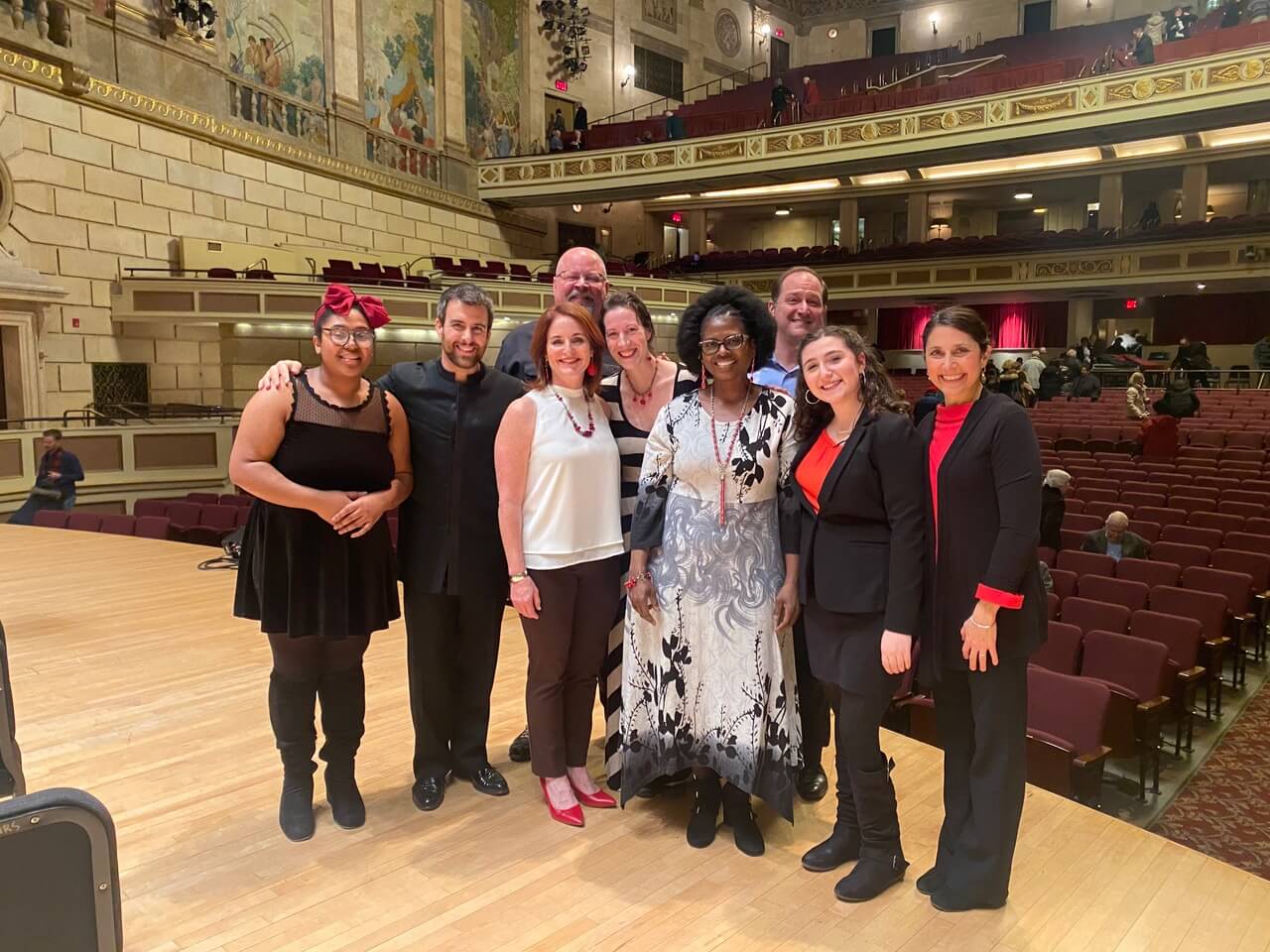

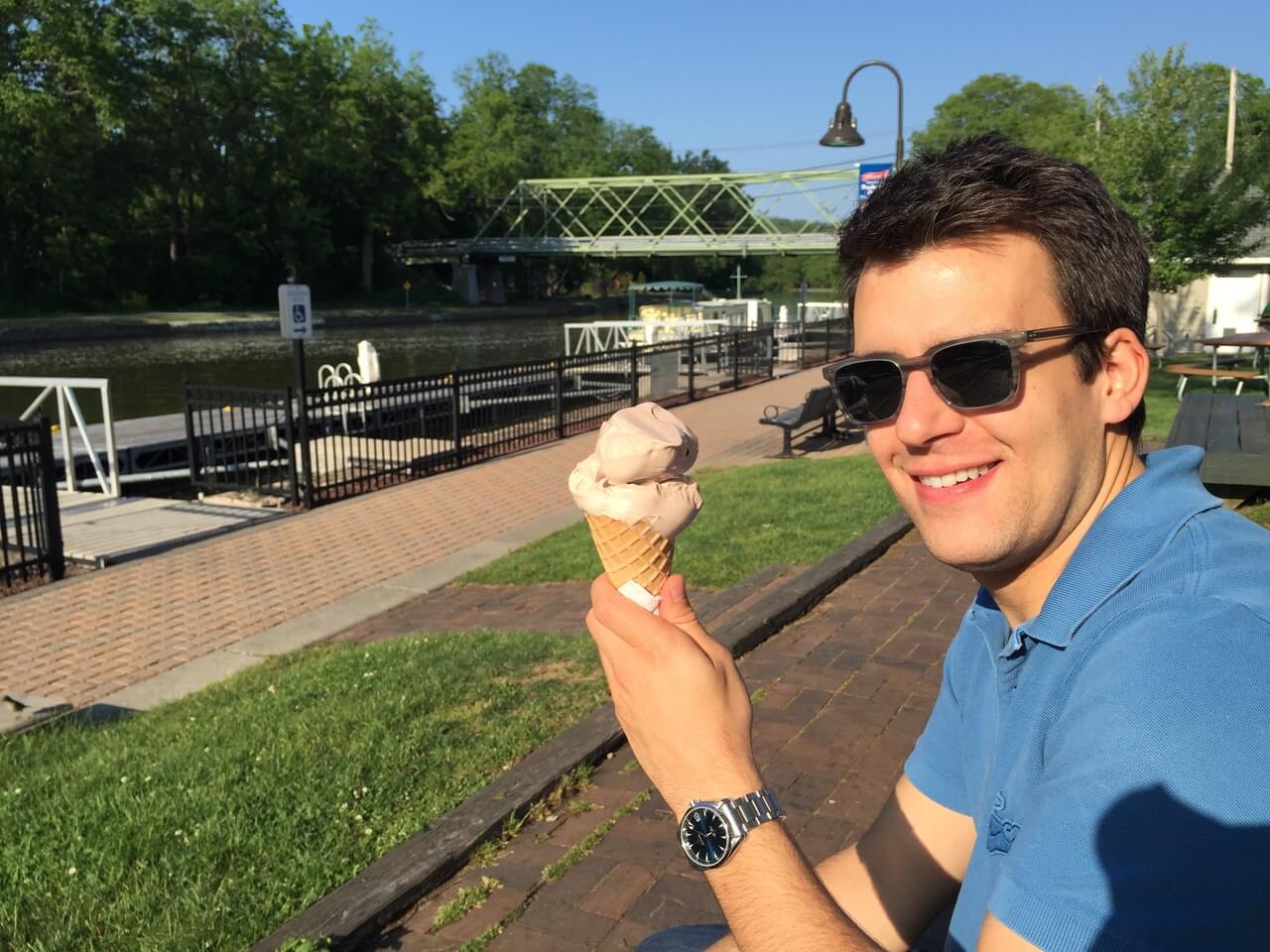

How has COVID-19 impacted the RPO in the short-term?
It’s been really difficult because we feed off that live performance experience; it’s been hard to be isolated. Our orchestra has been great at finding creative ways to put content on the internet, but it’s no substitute for the live experience. We’re a tough organization and we’re finding creative ways to make it through. We’re holding our breath a little bit to see what fall will look like. It’s an ongoing conversation with the administration and our artistic partners to see how we can continue making music for our community with a new set of rules.
How do you foresee COVID-19 impacting orchestras long-term?
It could be a very serious change in the whole model. If it becomes impossible to congregate in large groups to hear music due to the virus and social distancing regulations, we’ll have to look at everything differently. I think some organizations won’t be able to adapt, but we’ll do everything we can to think outside the box. Whatever transition that needs to happen will happen. Ticket sales make up 40% of the equation for us, so even having to space people every sixth seat would be a big financial blow that every orchestra will feel. So what can we do now to try to get ahead of it and make our business model work? We want to adapt so we can continue to keep people employed and pay their salaries. Orchestras in Europe and New York City are all having this same conversation, so there’s comfort in knowing we’re not alone. The Rochester community loves what we do and loves to share music with us, so I hope the solution will emerge and work.
How do orchestras continue to stay relevant to younger generations that have different preferences for experiences and events compared to the boomer demographic?
Focusing on the concert form itself is important. Varying the length of the concert so it’s not always two hours. Making it more interactive. A venue that lets you feel like you’re onstage with the musicians. Finding pieces that resonate with curious, intellectual millennials. Post-concert events where you can talk to musicians. A cocktails and mingling situation, where musicians are chatting and drinking with attendees, then performing, and alternating back and forth.
What would you say to someone who's never been to an RPO concert before, or who hasn't been in a long time?
You’ve gotta try it. If you’ve lived in Rochester your whole life and have never checked it out, you’re really missing out. It’s a treasure, the crown jewel of our artistic community. It’s been an important orchestra in the entire country- it’s been around for almost 100 years. When I went to Julliard, I had fellow students who told me there was no orchestra in their hometown, and they had to drive two hours to get a decent private lesson or hear an orchestra. Having a great orchestra in the community is an asset and a luxury. Take advantage of it!
What would you say to someone who's never been to an RPO concert before, or who hasn't been in a long time?
You’ve gotta try it. If you’ve lived in Rochester your whole life and have never checked it out, you’re really missing out. It’s a treasure, the crown jewel of our artistic community. It’s been an important orchestra in the entire country- it’s been around for almost 100 years. When I went to Julliard, I had fellow students who told me there was no orchestra in their hometown, and they had to drive two hours to get a decent private lesson or hear an orchestra. Having a great orchestra in the community is an asset, a luxury, a treasure. Take advantage of it!
What will you miss most about the RPO when you depart in 2021?
I’ll miss being on that stage and sharing music with my hometown community. I heard my first notes up in the balcony of Eastman Theatre, I think about that still, every time I’m conducting. It’s my chance to give back to this community that nourished me so much. I wouldn’t be where I am today if it hadn’t been for Rochester.
Ward Stare is a Rochester native who returned home after years away to serve as music director of the RPO. For more of his perspective, visit our Instagram.

